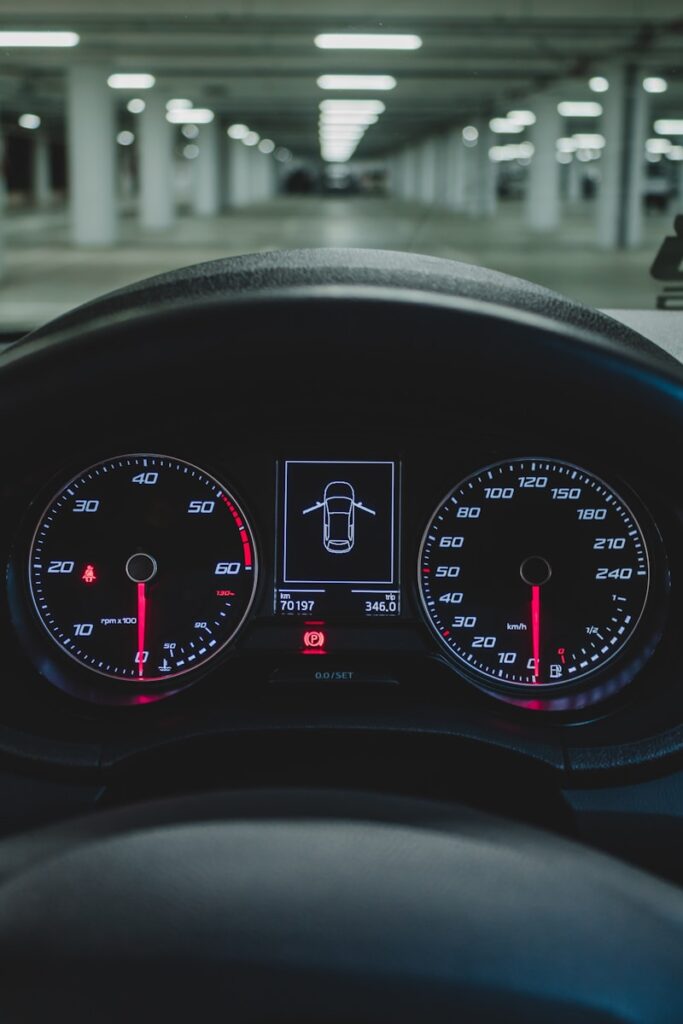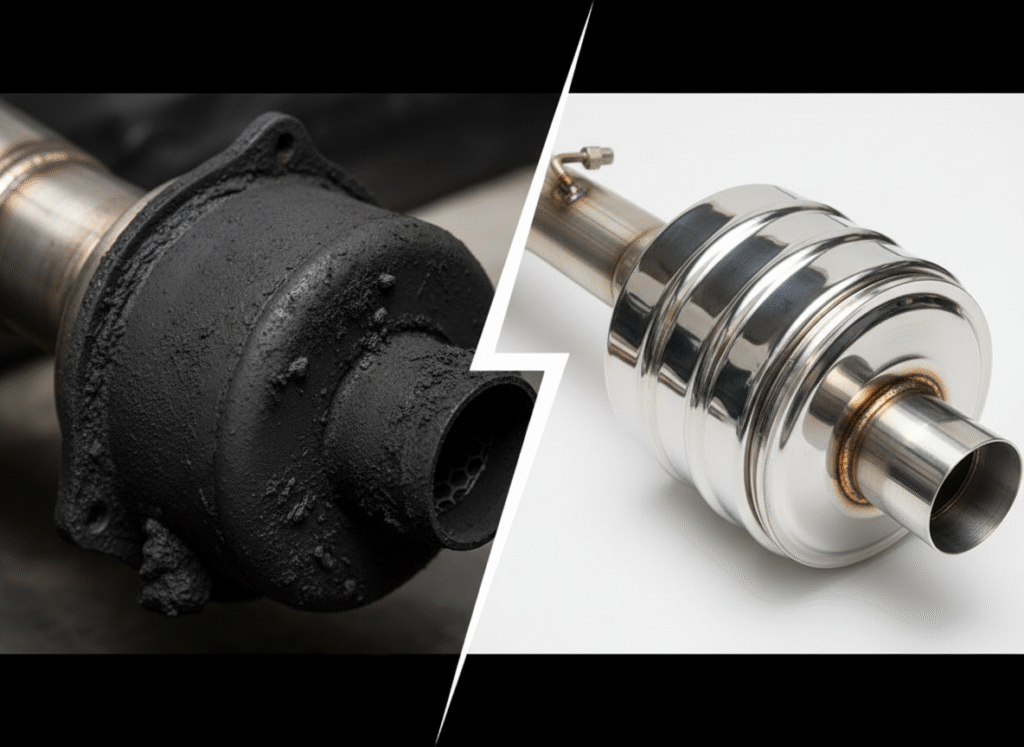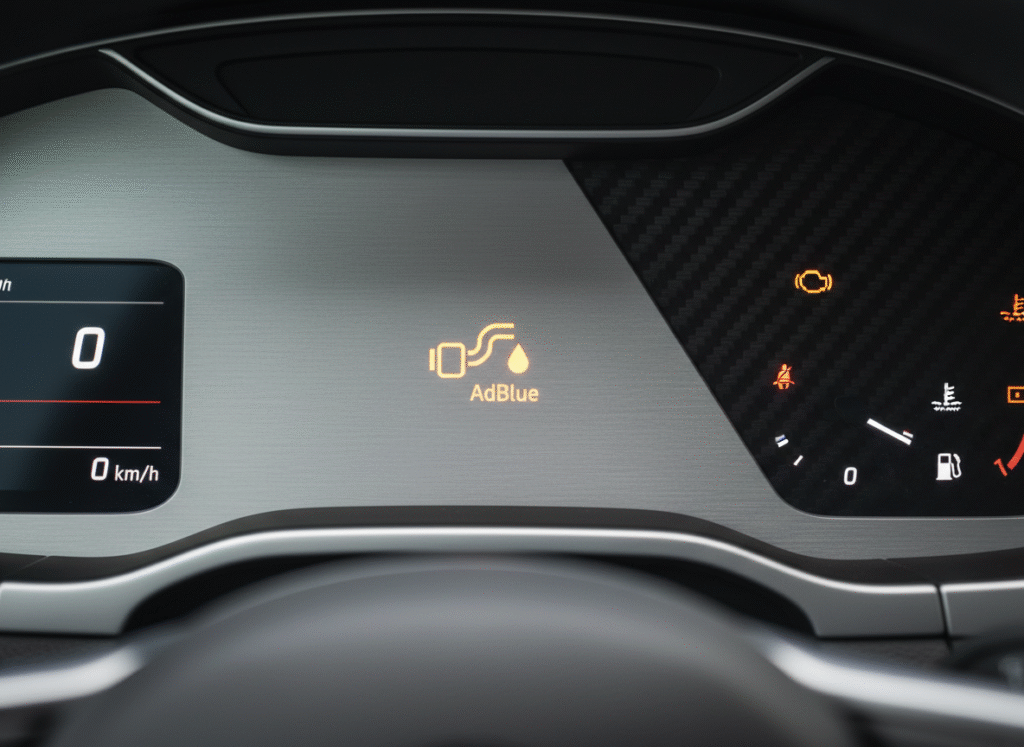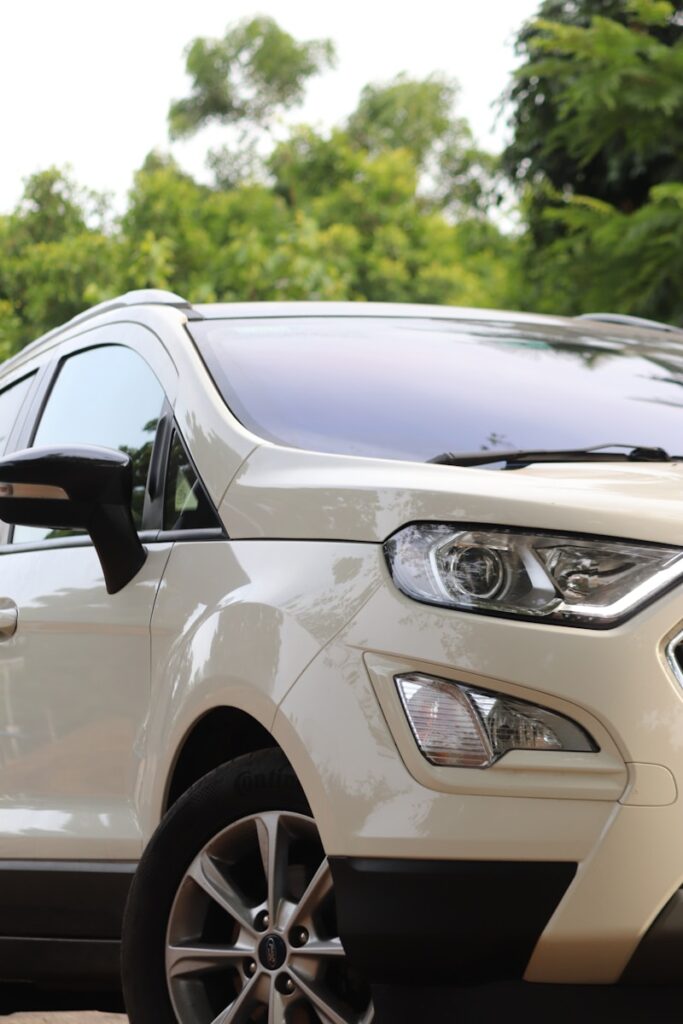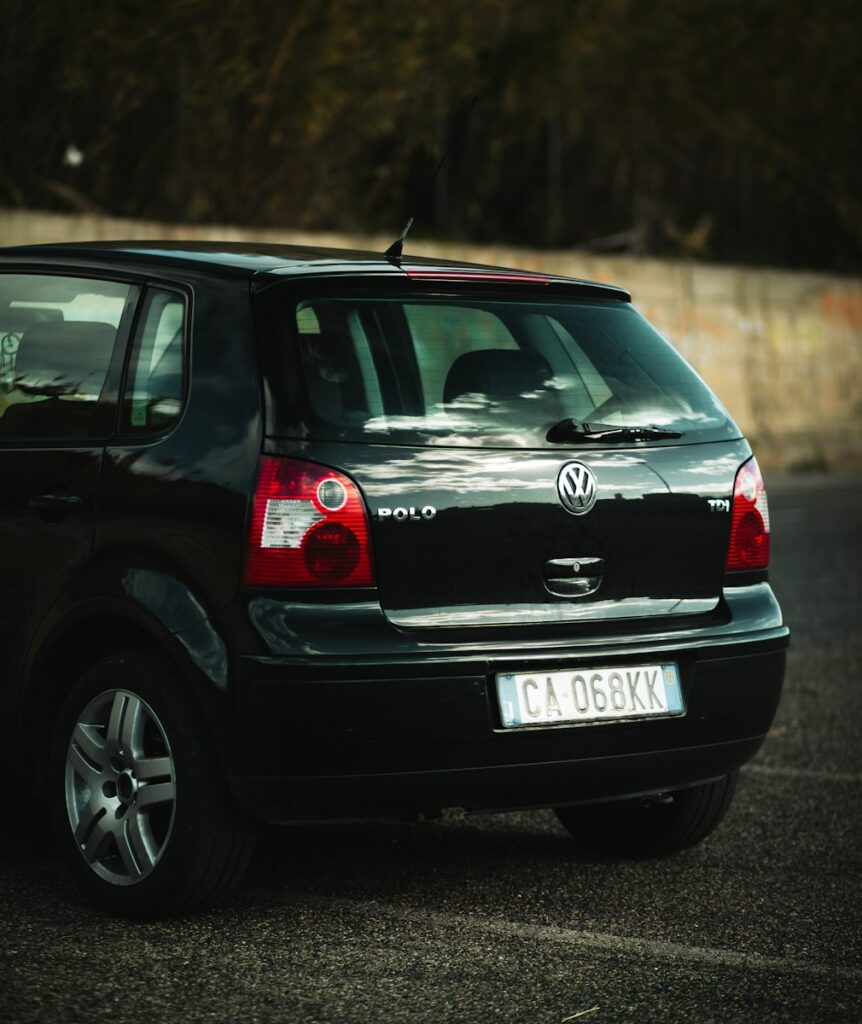Ever looked at a car’s low mileage and thought, “There’s no way that number’s real”?
You might be right.
A mileage stopper is a small device that stops your car from recording distance on the odometer. Sounds clever, but it can get you in serious trouble if you’re not careful.
Let’s break it down in plain English. Fast, simple, and no nonsense.
What Is a Mileage Stopper?
A mileage stopper, also called a mileage blocker, is a device that prevents your car’s digital odometer from recording distance.
Most plug into the OBD2 port under the dashboard. Once activated, they stop the car from counting miles while you’re driving.
These tools are popular in modern vehicles with digital odometers. BMW, Audi and Mercedes are the most common targets because of their high value in the used market.
How Does a Mileage Stopper Work?
The device interrupts the signal between your car’s sensors and its odometer.
When you drive, the odometer doesn’t record the distance—even though you’re moving.
Here’s what the process usually looks like:
Plug it into the OBD2 port
Turn it on with a remote or app
Drive around with zero miles showing up on the odometer
Switch it off when you want things to go back to normal
Some people use them for testing. Others use them to cheat leasing contracts or resell cars for more money.
Is Using a Mileage Stopper Legal?
The legality of using a mileage stopper depends on where you are located and how the device is used. In many countries, tampering with a vehicle’s odometer is illegal, especially if the intent is to misrepresent the vehicle’s true mileage during resale. Misrepresentation of vehicle mileage can lead to severe legal consequences, including fines or imprisonment.
However, mileage stoppers may be permissible in specific circumstances, such as vehicle testing or off-road driving where accurate mileage readings aren’t required.
Risks of Using a Mileage Stopper
It can void your car’s warranty. Most manufacturers won’t honour coverage if odometer tampering is found.
Insurance can cancel your policy or deny a claim.
If a buyer or mechanic spots it, you could be sued or blacklisted by dealerships.
You lose trust. You lose value. And you risk legal action.
Why People Use a Mileage Stopper
People leasing vehicles use them to dodge mileage limits.
Some drivers use them to make high-mileage cars look barely used.
Others just want to slow down depreciation.
A few claim it’s for testing. But let’s be honest—most use it to gain an unfair edge.
How to Install a Mileage Stopper
Most are plug-and-play.
Find the OBD2 port (usually under the steering wheel)
Plug in the mileage stopper
Use the controller to activate it
Done
No tools needed. No coding. That’s why they’re so widely used.
Some people install it themselves. Others pay a “specialist” to do it.
Either way, it’s easy to set up and hard to detect.
Can You Detect a Mileage Stopper?
Yes. But it’s not always easy.
Here’s what mechanics and dealers look for:
Service log gaps
Unusual wear-and-tear that doesn’t match the mileage
Diagnostic trouble codes
Mileage stored in other control units
Tools like Carfax or AutoCheck can show inconsistencies.
Dealers also use OEM software to scan for data mismatches.
Will a Mileage Stopper Affect My Warranty?
Absolutely.
Car brands like BMW, Audi and Mercedes have systems that detect odometer irregularities.
If tampering is spotted, they’ll void your warranty on the spot.
Even if you unplug the device, internal logs might still reveal it was used.
Once that happens, you’re on your own for repairs.
Alternatives to Using a Mileage Stopper
Sell your car before the mileage gets too high
Lease a vehicle with more generous mileage limits
Use a second car for long trips
Take public transport or ride-sharing for your commute
These are legal and don’t carry the same risks as odometer tampering.
Ethical Problems with Mileage Stoppers
Faking mileage is lying—plain and simple.
It tricks people into paying more for a car that’s not worth it.
It can also lead to buyers driving a vehicle they think is newer than it really is. That’s dangerous.
Trust is everything in the car market. Don’t burn yours.
How Mileage Stoppers Impact Vehicle Resale Value
Fake mileage is a resale killer.
Once someone finds out your car’s odometer is wrong, the value drops fast.
You might be forced to offer a refund or face a lawsuit.
Services like Carfax or AutoCheck can show history mismatches that give the game away.
Even if the buyer doesn’t notice at first, a sharp mechanic will.
Are There Digital Mileage Stopper Apps?
Yes, there are apps claiming to stop mileage through Bluetooth or Wi-Fi.
They work similarly to hardware blockers but are even easier to detect.
These apps are risky and can be buggy. Plus, using them is still illegal in most places.
If it’s digital or hardware—it doesn’t matter. Both can get you into trouble.
Brands That Use Mileage Stoppers the Most
- BMW
- Audi
- Mercedes-Benz
- Luxury cars tend to keep their value longer, so shady sellers try to keep mileage low using blockers.
Who Sells Mileage Stoppers?
You’ll find them on eBay, AliExpress and random tuning sites.
Most of these sellers are anonymous, and the products are unregulated.
If something goes wrong—or you get caught—don’t expect help or support.
How Dealerships Detect Mileage Tampering
Dealers look at:
Service logs from past check-ups
Oil change stickers and timestamps
Diagnostic data from onboard computers
They use tools that dig deeper than just what the dashboard shows.
Some even compare logged data from different control modules to catch inconsistencies.
Mileage Stopper vs. Odometer Correction Tools
A mileage stopper freezes your odometer while you drive.
An odometer correction tool changes the mileage after the fact.
Both are used for tampering. Both are illegal if you don’t disclose their use.
One stops the number from going up. The other rewrites history.
Either way, if you’re caught—you’re on the hook.
FAQs About Mileage Stoppers
What is the purpose of a mileage stopper?
It stops your car’s odometer from recording miles. Some people claim it’s for testing or off-road use.
Can dealerships detect mileage stoppers?
Yes. Through logs, diagnostics and visible wear that doesn’t match mileage.
Is it illegal to use a mileage stopper?
Yes, especially if you’re trying to sell the car or dodge lease fees.
What’s the difference between a mileage blocker and odometer rollback?
A blocker stops mileage from being recorded. A rollback changes the mileage already recorded.
Will a mileage stopper affect insurance?
Yes. If your insurer finds tampering, they can deny claims or cancel your policy.

